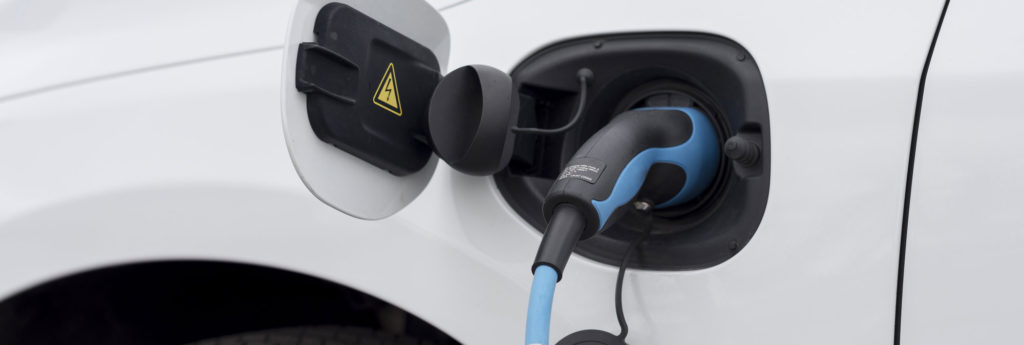Porsche and Jaguar consider electric futures
18 October 2018

18 October 2018
Vehicle manufacturers are increasingly looking towards an electric future, with premium brands Porsche and Jaguar the latest to announce their potential plans.
The German vehicle manufacturer is looking to switch to full-electric powertrains in its SUV and sedan models over the next decade, and may also consider moving its entry-level 718 sports car to the technology. However, there is no word as to whether the company will consider switching its sports line to hybrid or electric.
′It’s very likely that a [battery-powered] SUV will come by 202,’ said Porsche CFO Lutz Meschke. There is no final decision yet, but you can expect that this will be the case because we need a large-volume model that is fully electric.’
′This idea will then progress further with the next generations of the Panamera and Cayenne model lines. The direction for the large four-door models will be toward full electrification.’
Porsche has so far only confirmed its Taycan, formally the Model E concept, as a full-electric vehicle. However, the company has recently announced that it will stop production of diesel vehicles, and will need to ensure it can develop cleaner powertrains to meet strict European CO2 targets.
By 2025 at the latest, Meschke said he anticipates considerably more than half of Porsche’s fleet will be electrified.
′We’re a relatively small company, and we will not be able to afford to offer a combustion-engine version in addition to pure-electric models in the long term,’ he said. ′There will certainly be an overlap of two to three years when the [models with combustions engines] would still be supported because you cannot immediately make the switch in all regions.’
Jaguar movement
Meanwhile, reports suggest that Jaguar Land Rover (JLR) could turn the Jaguar brand into an electric vehicle-only company within the next decade.
British magazine Autocar states that Executives and product planners have produced an outline strategy with a future line-up of nothing but EVs. It is understood that the company could begin to phase out traditional internal combustion engines in the next five to seven years, with replacement models relying totally on electric drivetrains.
The company has yet to approve the final plans. However, it may be encouraged by initial reviews and sales of its electric I-Pace SUV and is already working to offer an electrified version of models across its entire range by 2025. JLR has also started to plan a flexible production line, adapting to the building of traditional, hybrid and electric-engine vehicles whenever needed.
The move would also allow the company’s Land Rover brand to continue selling vehicles with internal combustion engines, with the electric Jaguar brand offsetting any CO2 emissions.